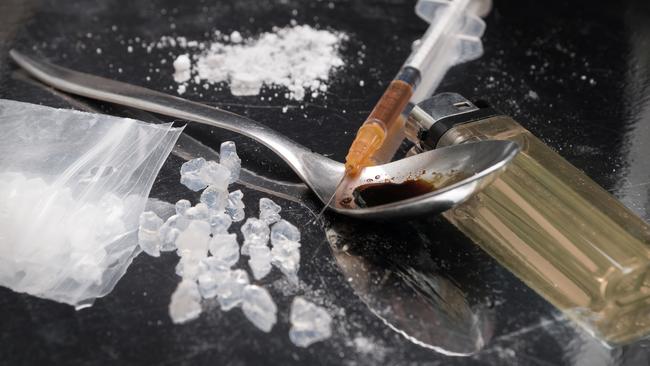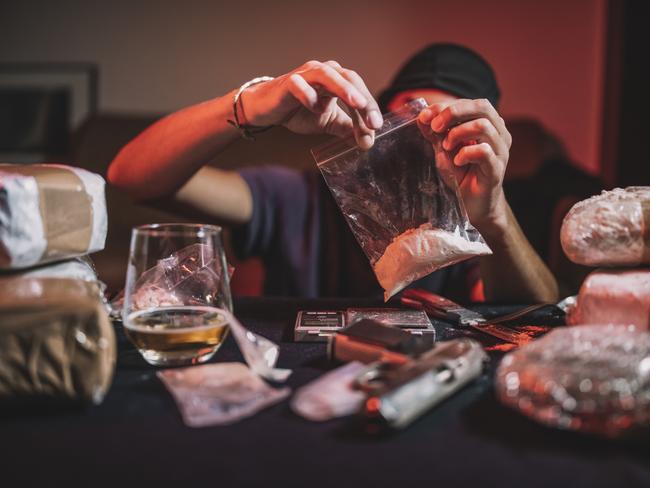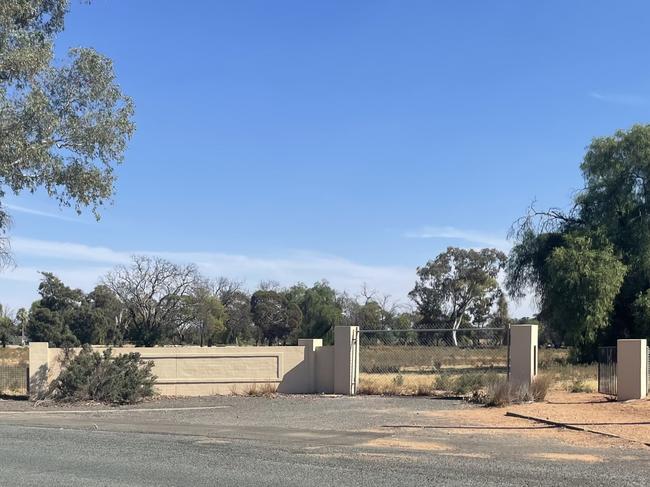Victoria Alcohol and Drug Association calls for withdrawal beds in every public hospital
Drug and alcohol experts say Victoria is failing to keep up with the overflow of people needing help with addiction, calling for major government investment to fight the “crisis”.

Mildura
Don't miss out on the headlines from Mildura. Followed categories will be added to My News.
Victoria urgently needs more detox beds on the front line to combat the thousands of people battling severe drug and alcohol abuse who need medical help to beat their addictions.
It comes as Infrastructure Victoria described the state’s rehab facilities shortage as “critical” in its 30-year draft strategy — which listed a series of priorities for the government to consider.
Victoria has the second lowest rate of residential rehab beds per capita in the nation — despite the Labor government adding 100 new residential beds in 2023.
Last year the Herald Sun revealed waitlists at drug and alcohol rehab centres in the state had nearly doubled since 2020, with more than 4600 people waiting for treatment on any given day.
But Victoria’s Alcohol and Drug Association said while it was “thrilled” to see money spent on AOD help, the lack of withdrawal — or detox — beds posed a significant issue.
Detox beds were often the first step in AOD recovery and ensured patients received medical attention as they withdrew from a substance, before moving into rehabilitation.

VAADA senior policy officer Dr James Petty said these facilities had been “left behind”.
“Withdrawal beds haven’t been prioritised in a way we’d like to see and you really can’t have one without the other. It’s a bit like having an engine in your car without wheels, we really need to see both,” he said.
“If you take someone who’s got a very acute AOD issue and very dependent on alcohol, opioids or whatever it is, the first stage is that they need to withdraw and that’s ceasing using that substance and managing the body’s response because it can be deeply unpleasant and dangerous.
“It really is something that needs medical care and supervision.
“Once the withdrawal is done … you get into the rehab bed which is about managing not using substances and getting therapeutic interventions to help support that person.”
One of VAADA’s key submissions to Infrastructure Victoria for its final report was for AOD detox beds to be added to all public hospitals.
Other recommendations in the draft strategy included fixing “geographical disparities” in access to services in regional areas.
A Mildura woman, who wished to remain anonymous and whose ex-partner battled a heroin addiction for more than a decade, said more detox beds would be a gamechanger in regional towns.
“We never had that in-between place, sort of a ‘where do you go before rehab?’ If that was available, it would be a terrific option,” she said.
“That was a huge barrier for us, because when you’re back out in the community, everything is sort of available to you, and that makes it really difficult.
“In the beginning, it was a big surprise that these types of beds weren’t available. I mean, I was looking at someone who, after years, had finally come to the realisation they wanted to stop, only to get to a service and be met with ‘that’s just not something we can offer’.”
The state government announced plans for the 30-bed alcohol and other drug (AOD) facility in 2022 in Merbein, near Mildura, with the former Merbein Primary School selected as the preferred site.
The location was locked in two years later, with construction expected to begin this year.

In each of the last six years the number of overdose deaths exceeded 500 people across the
state — nearly double the amount of road fatalities.
A state government spokesman said since 2014 the amount of rehab beds had doubled in Victoria — bringing the total to more than 500.
“People struggling with addiction deserve the best care wherever they are, which is why we have doubled the number of rehab beds across the state, expanded access to pharmacotherapy and launched the Statewide Action Plan which aims to reduce drug harm,” he said.
“There is always more to do which is why have also doubled our investment into alcohol and drug services and are delivering more services right across Victoria to change and save lives.”




